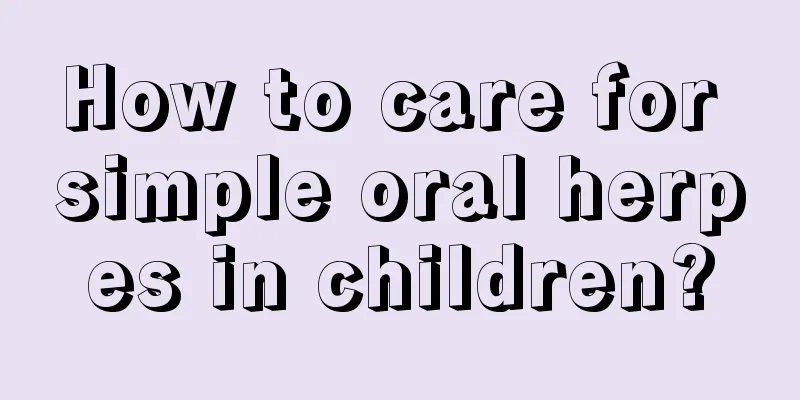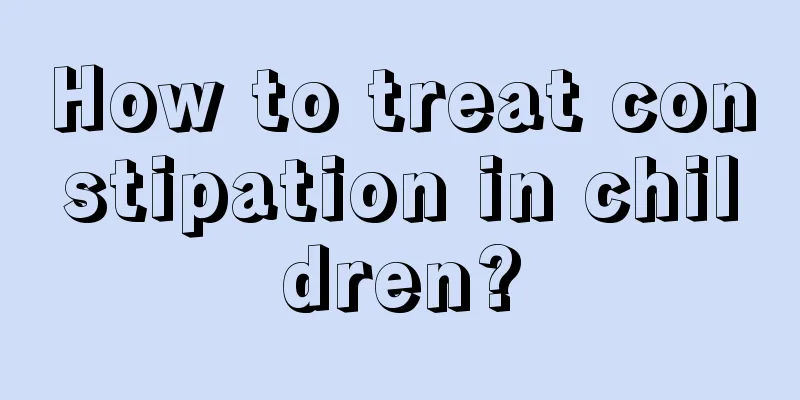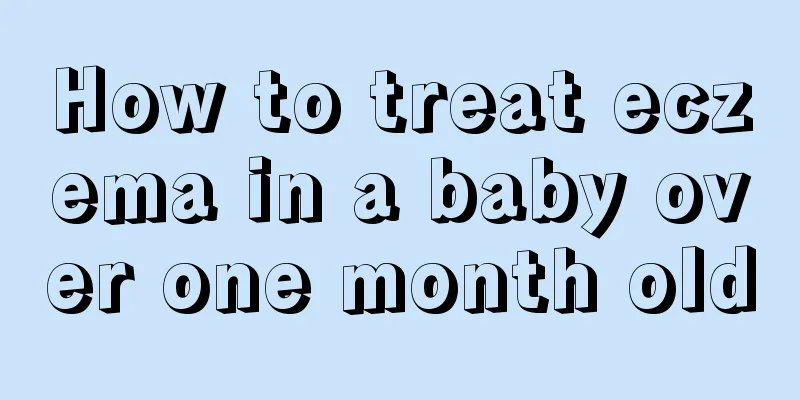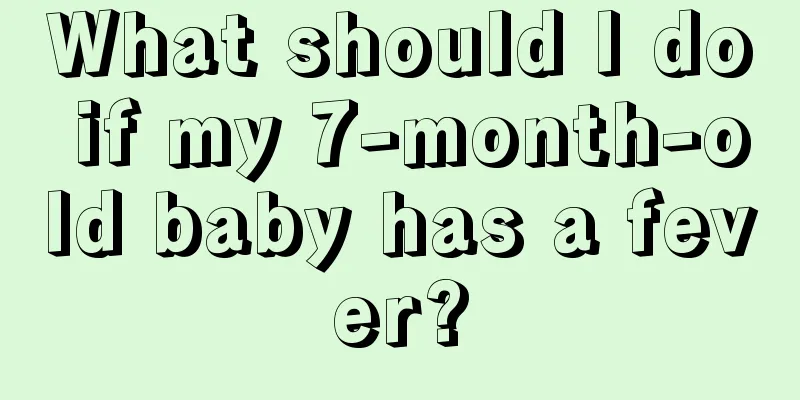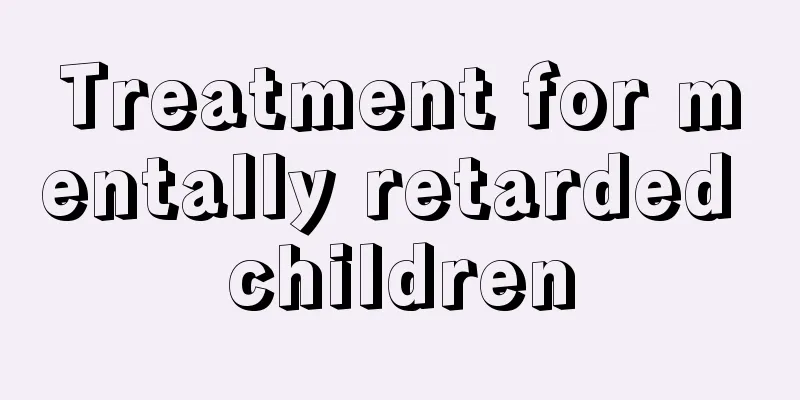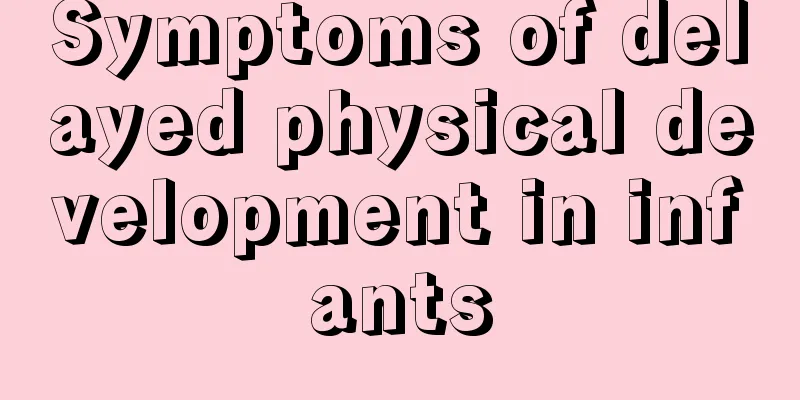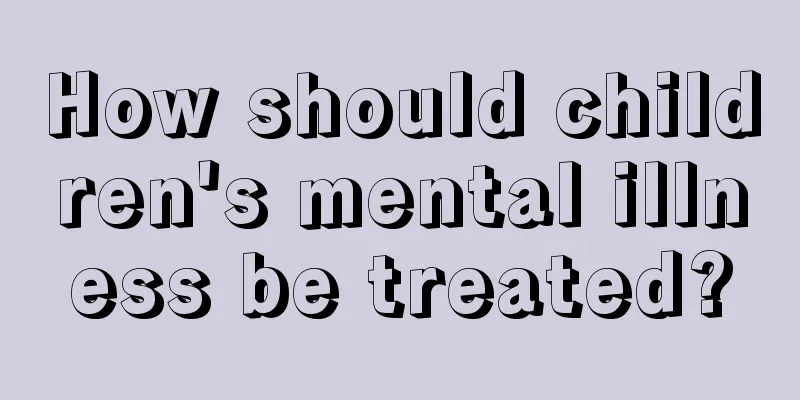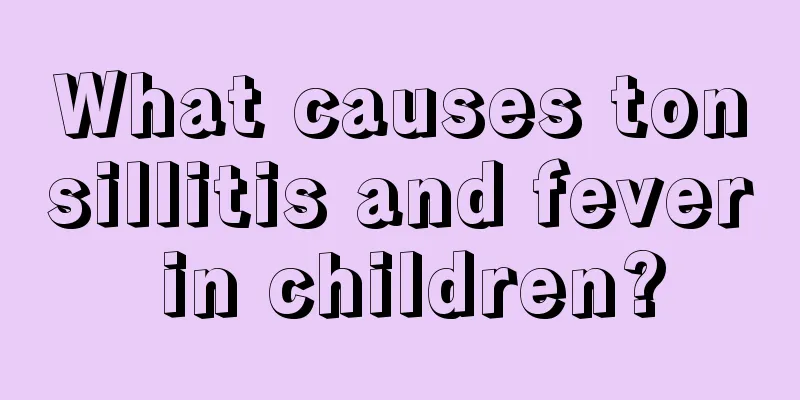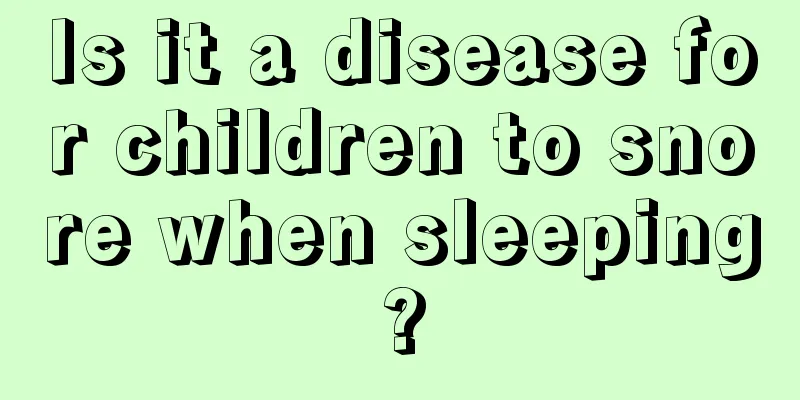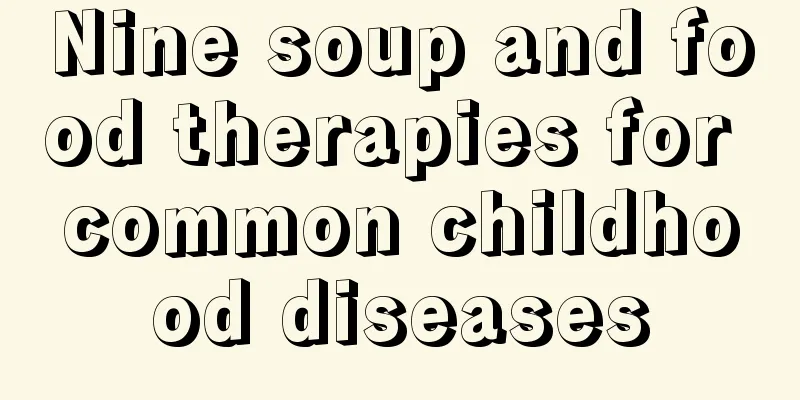Treatment of convulsions in children
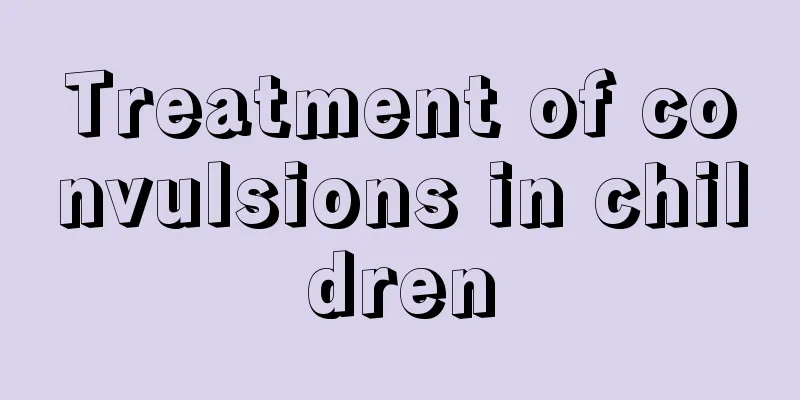
|
It is not uncommon for children to have convulsions. Especially when children have a fever, we should be more vigilant about the occurrence of convulsions and take medicine to reduce the temperature in time. What is the treatment for convulsions in children? Generally speaking, there are several causes of convulsions, including systemic tonic convulsions, localized convulsions, and convulsions caused by high fever. Therefore, to treat it, we must find out the cause of the child's convulsions. Only symptomatic treatment can make the child improve faster. 1. Symptoms of convulsions in children 1. Generalized tonic convulsions: The muscles of the whole body are rigid and twitching in waves, showing opisthotonos (the head is tilted back and the whole body is bent backward in a bow shape), the eyes are rolled up or staring, and the patient is unconscious. 2. Localized convulsions: only local muscles twitch, such as twitching of only one side of the limbs, or twitching of facial muscles, or twitching of fingers or toes, or eye movements, nystagmus, blinking, staring, etc. Most are unconscious. The above convulsions can last for a few seconds or several minutes, and in severe cases can last for several minutes or recur repeatedly. Convulsions lasting more than 30 minutes are called persistent state convulsions. 3. Febrile convulsions: mainly seen in children aged 6 months to 4 years who have convulsions when they have high fever. High fever convulsions are short-lived, and consciousness recovers quickly after the convulsion. They often occur in the early stages of a fever. During a fever, there is often only one convulsion. Brain diseases and other serious illnesses can be ruled out, and an EEG will be normal one week after the fever subsides. 2. Treatment If you want to treat it properly, you must first find out the cause of your child's convulsions. For children who have a fever and convulsions for the first time, the doctor will ask the parents in detail about the duration of the convulsion, the symptoms of the convulsion and the family history. A detailed medical consultation and blood tests are required. If necessary, cerebrospinal fluid examination or brain scan will be arranged to rule out meningitis, electrolyte imbalance and metabolic diseases. Or other reasons possible. Children who have a fever and convulsions for the first time usually need to stay in the hospital for 6 to 8 hours with an IV drip because there is a possibility of another seizure within a short period of time. If the seizures are acute, anticonvulsant drugs are given intravenously or as rectal suppositories to stop the seizures. Severe, repetitive seizures may require hospitalization. Patients with febrile seizures are scheduled for an EEG examination up to 10 days after the first episode. |
<<: Newborns cry after vaccination_Newborns cry at night after vaccination
>>: Newborns poop and fart very hard
Recommend
What is the reason for the doll's nose bleeding?
The nose is a relatively fragile organ of the hum...
What to do if your child is introverted? Parents can do this
A child's personality has an innate aspect, b...
How to deal with stomach pain after meals in children
Children often suffer from various diseases due t...
Adults' oral bacteria are brought to babies
In daily life, children's oral hygiene is ver...
How to deal with the small red spots on children’s body?
If you find small red spots all over your child&#...
What is the treatment for umbilical hernia in children?
Some children are found to have umbilical hernia ...
What is the transparent spot in the child's ear?
We all know that many parents generally do not pi...
What to do if your child has internal heat
The so-called internal heat is a phenomenon of ge...
Why do babies always lick their lips?
In real life, many babies always love to lick the...
Will eating bird's nest cause premature maturity in babies?
We all know that bird's nest is a natural foo...
What should I do if my baby has a lot of eye secretions?
The weather in summer is the hottest in the year....
What to do if your child has dry and flaky mouth
It is very common for children to have dry and fl...
Little red spot on the child's chin
The baby is too young and his body is not fully d...
What color is jaundice poop?
Jaundice is common in newborns, especially in bab...
How to reduce swelling of children's nasal concha
Swollen nasal conchae in children is a type of in...
